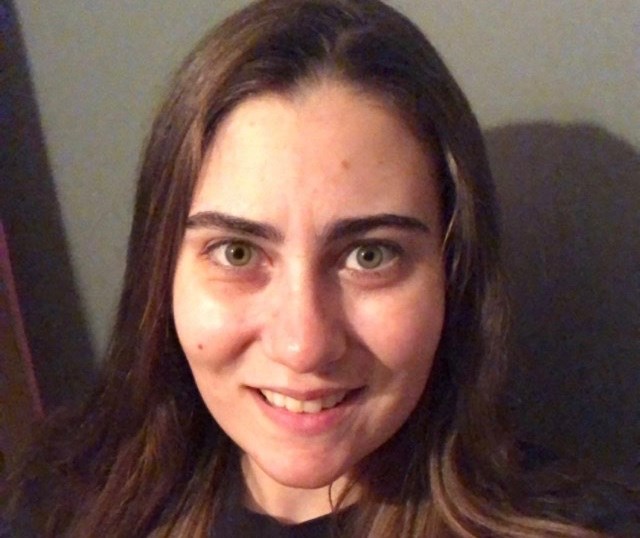Indigenous youth from communities across Canada, including Moosonee, had an opportunity to come together from June 1 to 5 for a week of fun activities during the annual Youth Leadership Symposium.
Held by a non-profit Right to Play organization, the event was virtual this year due to the COVID-19 pandemic.
Each spring, Right to Play hosts a symposium for youth coming from its partner Indigenous communities.
Last year, the organization held two events when participants spent a week at a camp, learning life skills and engaging in various activities, according to the organization's website. For youth from Canada's west coast, the symposium was held at a camp in Gibsons, B.C., while participants from the east coast gathered at a camp in Parry Sound.
It took the Right to Play team about three weeks to come up with online programming for this year's symposium, said Right To Play’s community mentor in Moosonee Angelica Hurtubise.
Each day of the symposium had a different theme such as Building Strong Communities, Proud to Be Me, All my Relations, Relationships with the Natural World and Treat Yo’Self Friday. Participants were provided with access to online material and resources and had to go through sessions on their own time during the day. Then, they would join virtual check-ins at 4 p.m. with Hurtubise discussing the sessions.
She also delivered 23 hand-out packages of content for the symposium to Moosonee youth.
Seeing the children engaged in activities and reflecting on sessions was Hurtubise’s favourite part of the symposium.
“Hearing the kids explain their experiences with it and how the videos helped, and also talking about self-care, them asking questions and how they would express themselves and go in-depth. It was definitely nice to hear them enjoy the sessions,” she said.
Right To Play’s Promoting Life-skills in Aboriginal Youth (PLAY) program partners with 85 Indigenous communities and 50 urban organizations across Canada that deliver weekly play-based programs promoting healthy living, education, healthy relationships and employability to more than 6,000 children and youth. Each community has a mentor who develops programs based on local needs and demands.
The organization has been partnering with Aboriginal People's Alliance Northern Ontario (APANO) for the past six years and in Moosonee programming has been delivered by Hurtubise, who is also APANO's diabetes prevention co-ordinator.
Before the pandemic, she would usually work with about 30 youth a month. She would split children from Grades 6 to 8 and Grades 3 to 5 into two smaller groups, meeting with each group twice a week and doing various activities.
Since mid-April, Hurtubise’s programming had to be shifted online. For each month, she would develop and deliver activity packages consisting of a schedule of their Zoom meetings and details about the challenges and activities participants would be doing that month.
“It was definitely a change. It was tricky at first,” she said about having to offer programming from home.
This year’s symposium was put together with help from communities from all across Canada, Hurtubise said adding that before COVID, community mentors could only bring only two youth to a symposium but since the event was held online, everyone had a chance to participate.



